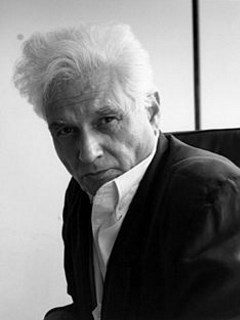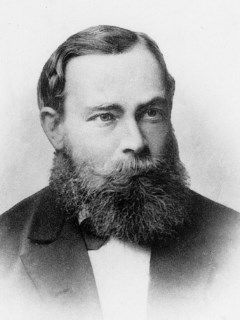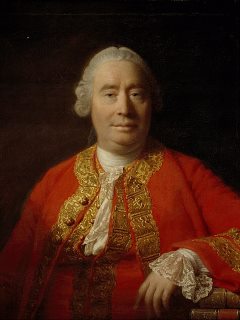Dallas Willard
(2016)., Knowledge, in B. Smith & D. W. Smith (eds.), The Cambridge companion to Husserl, Cambridge, Cambridge University Press, pp. 138-167.
(2002). Review of R. Rollinger, Husserl's position in the school of Brentano. Husserl Studies 18 (1), pp. 77-81.
(2002)., The world well won: Husserl's epistemic realism one hundred years later, in D. Zahavi & F. Stjernfelt (eds.), One hundred years of phenomenology, Dordrecht, Kluwer, pp. 69-78.
with Smith, B. (1997)., British moral theory, in L. Embree (ed.), Encyclopedia of phenomenology, Dordrecht-Boston-London, Kluwer, pp. 81-85.
(1997). Degradation of logical form. Axiomathes 8 (1-3), pp. 31-52.
(1995)., Is Derrida's view of ideal being rationally defensible?, in J. C. Evans (ed.), Derrida and phenomenology, Dordrecht, Springer, pp. 23-41.
(1995)., Knowledge, in B. Smith & D. W. Smith (eds.), The Cambridge companion to Husserl, Cambridge, Cambridge University Press, pp. 138-167.
(1994). Mereological essentialism restricted. Axiomathes 5 (1), pp. 123-144.
(1994)., The integrity of the mental act: Husserlian reflections on a fregian problem, in L. Haaparanta (ed.), Mind, meaning and mathematics, Dordrecht, Springer, pp. 235-262.
(1994)., The integrity of the mental act: Husserlian reflections on a Fregean problem, in L. Haaparanta (ed.), Mind, meaning and mathematics, Dordrecht, Springer, pp. 235-262.
(1992)., Finding the noema, in J. Drummond & L. Embree (eds.), The phenomenology of the noema, Dordrecht, Kluwer, pp. 29-47.
(1991)., Sentences which are true in virtue of their color, in T. M. Seebohm, D. Føllesdal & J. N. Mohanty (eds.), Phenomenology and the formal sciences, Dordrecht, Springer, pp. 225-242.
(1991). Verso una teoria fenomenologica della vérità come corrispondenza. Discipline Filosofiche 2, pp. 125-147.
(1990). Husserl on a logic that failed. The Philosophical Review 89, pp. 46-64.
(1989)., On discovering the difference between Husserl and Frege, in E. F. Kaelin & C. Schrag (eds.), American phenomenology, Dordrecht, Kluwer, pp. 393-397.
(1989)., The concept of number, in J. N. Mohanty & W. R. Mckenna (eds.), Husserl's phenomenology, Washington DC, University Press of America, pp. 4-27.
(1984). Logic and the objectivity of knowledge: a study in Husserl's early philosophy, Ohio University Press, Athens, OH.
(1982)., Wholes, parts and the objectivity of knowledge, in B. Smith (ed.), Parts and moments, München, Philosophia, pp. 379-400.
(1981). Review of Edmund Husserl, Aufsätze und Rezensionen (1890-1910). Journal of the British Society for Phenomenology 12, pp. 275-277.
(1981)., Introduction, in E. Husserl, Shorter works, Notre Dame, University of Notre Dame Press, pp. 148-151.
(1981)., Introduction to "On the concept of number", in E. Husserl, Shorter works, Notre Dame, University of Notre Dame Press, pp. 86-91.
(1979). Husserl's critique of extensionalist logic: "A logic that does not understand itself". Idealistic studies 9, pp. 143-164.
(1977). Four essays published by Edmund Husserl in the 1890's. The Personalist 58, pp. 295-296.
(1977)., The paradox of logical psychologism: Husserl's way out, in J. N. Mohanty (ed.), Readings on Edmund Husserl's Logical Investigations, Den Haag, Nijhoff, pp. 43-54.
(1974). Concerning Husserl's view of number. Southwestern Journal of Philosophy 5 (3), pp. 97-109.
(1972). The paradox of logical psychologism: Husserl's way out. American philosophical quarterly 9, pp. 94-100.
(1970). Perceptual realism. Southwestern Journal of Philosophy 1 (3), pp. 75-84.
(1964). Meaning and universals in Husserls Logische Untersuchungen, University of Wisconsin Press, Madison.





